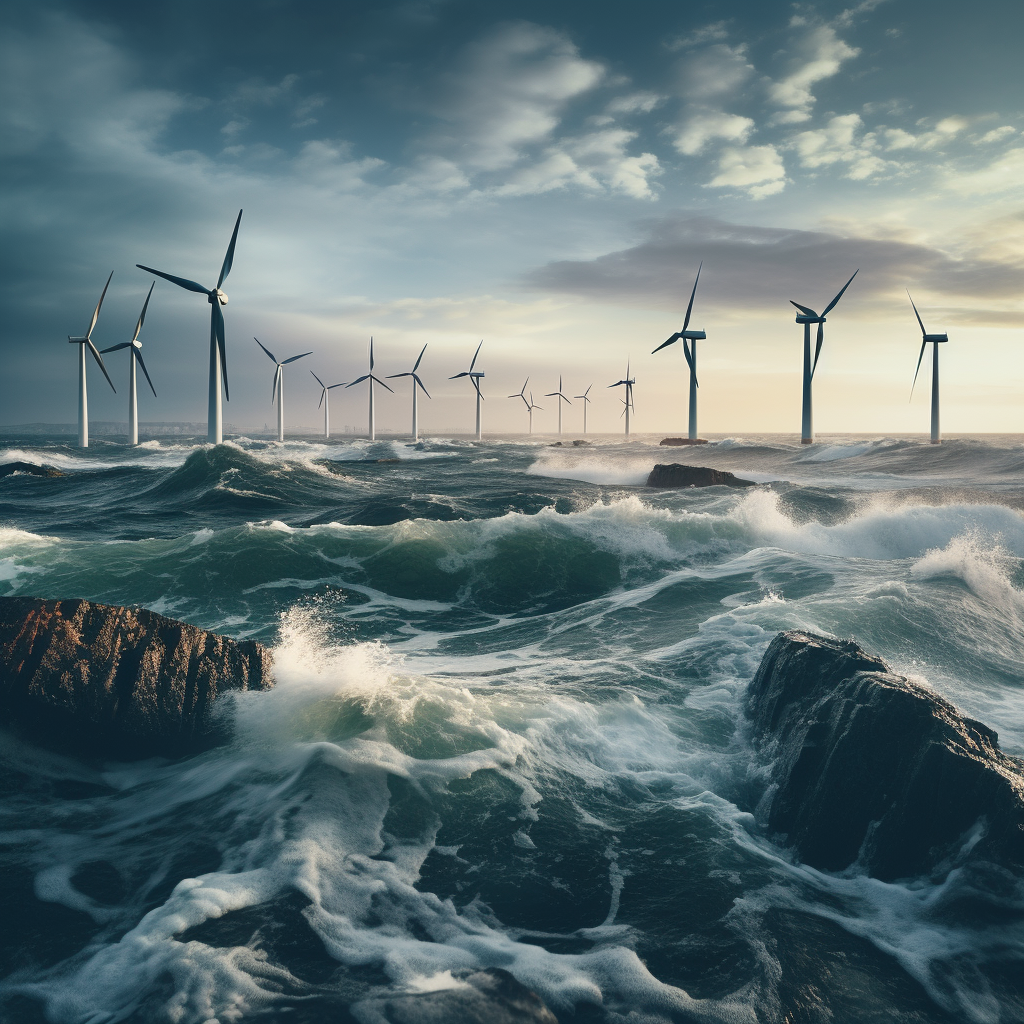November 3, 2023
Advancements and Challenges in the Energy Sector – Wind Farms Investments, and Legal Disputes
Book a Demo
Dominion Energy’s sizable offshore wind farm has taken a significant step forward, having received key approval from the Interior Department. The project, located off the coast of Virginia, is designed to generate 2.6 gigawatts (GW) of electricity, enough to power up to 660,000 homes. This makes it a key component in the drive towards cleaner, renewable energy sources.
In the auto sector, Toyota has plans to double its investment in a North Carolina battery plant. The decision comes following an unsuccessful bid to establish an auto plant. The increased investment will likely be channeled towards enhancing the production capabilities of the battery plant, in line with the global auto industry’s shift towards electric vehicles (EVs).
Meanwhile, a South Korean auto components manufacturer has announced plans to build a $176 million plant in Georgia. The new plant will supply components to Hyundai’s electric vehicle plant, thereby bolstering the supply chain of the growing electric vehicle industry.
Yet, not all news in the sector is positive. Southern Company and its subsidiary, Mississippi Power, are facing serious allegations in a whistleblower lawsuit. They stand accused of defrauding the federal government regarding a failed $7.5 billion coal plant project. The legal proceedings surrounding these allegations are likely to cast a pall over the companies and the energy sector at large.
In pipeline news, Equitrans has predicted that the Mountain Valley Pipeline will be completed early next year. This is despite the fact that costs have more than doubled the original estimate, potentially impacting the economic viability of the project.
In a massive boost for the renewable energy sector, the Biden administration has approved the Coastal Virginia Offshore Wind (CVOW) project, the largest in U.S waters. The project has a maximum rating of 2,600 megawatts, underlining its potential to significantly contribute to the country’s renewable energy capacity.
Marking the start of construction, the first components for the planned 176 turbines of the $9.8 billion CVOW project arrived in Portsmouth, Va. The progress of this project will be closely watched, given its scale and strategic importance to the country’s renewable energy portfolio.



